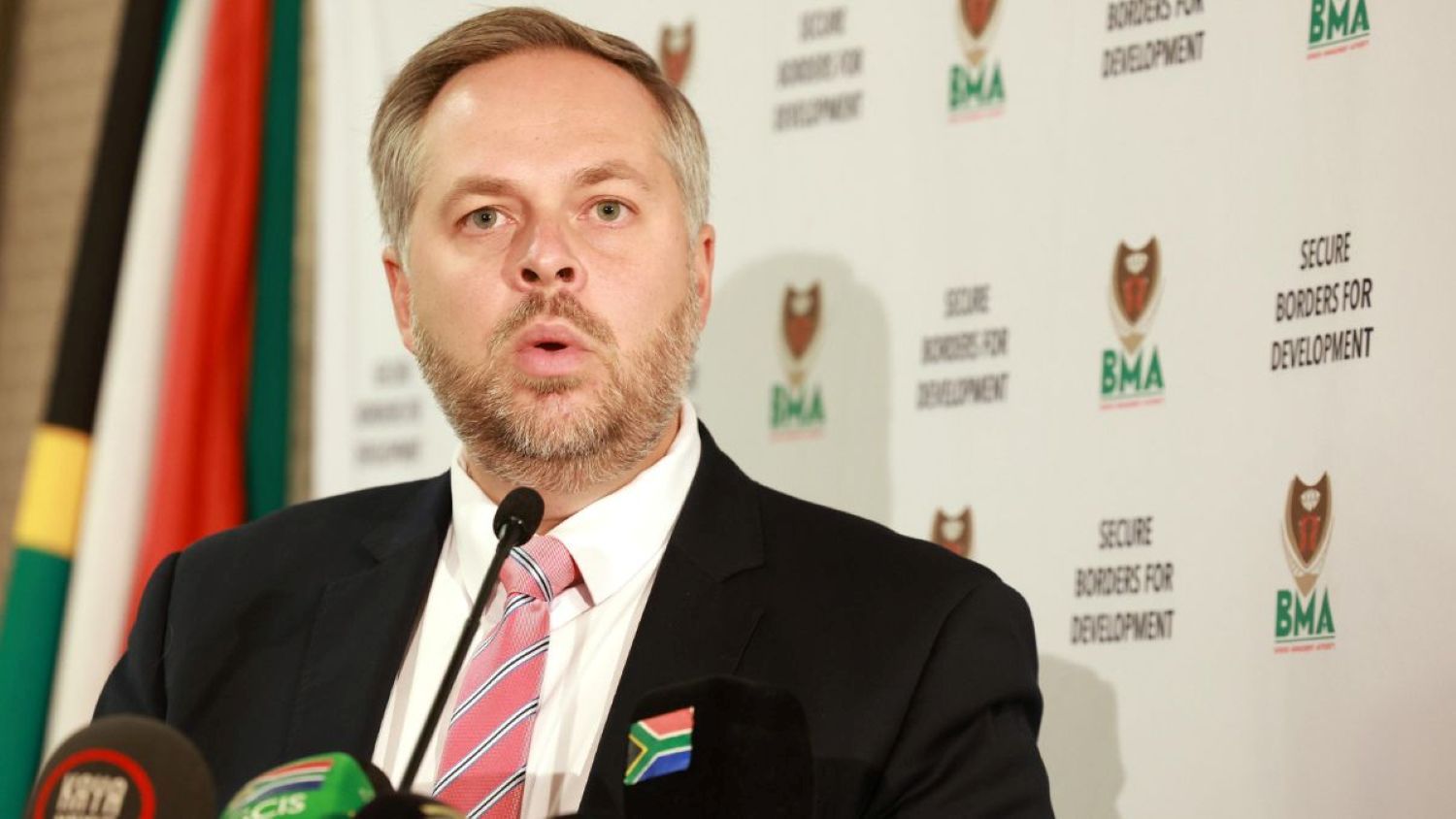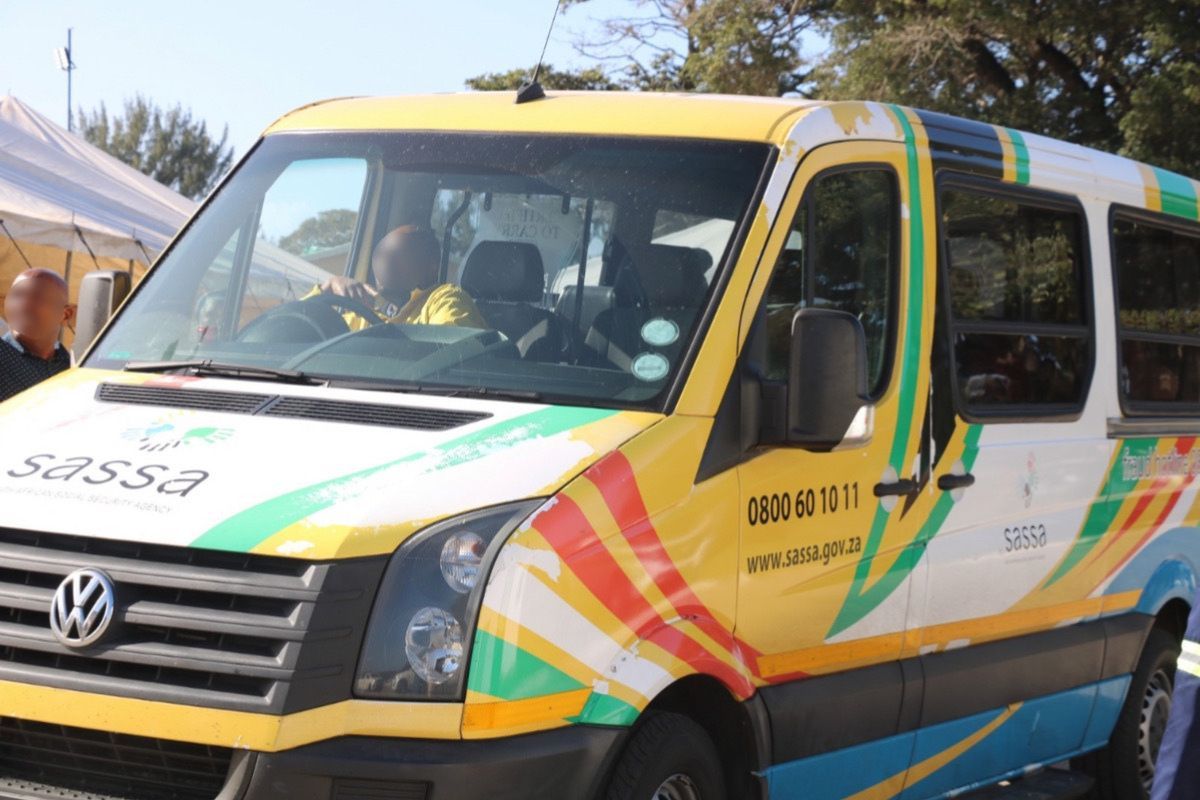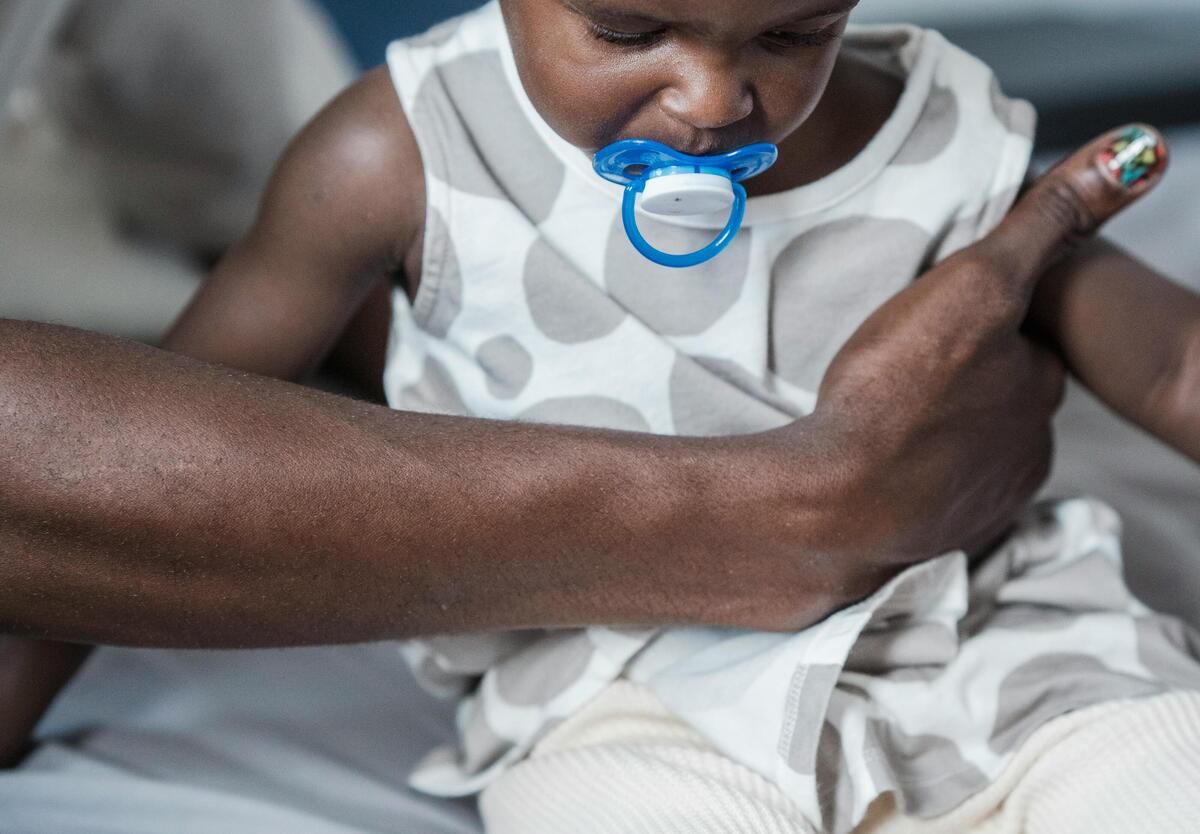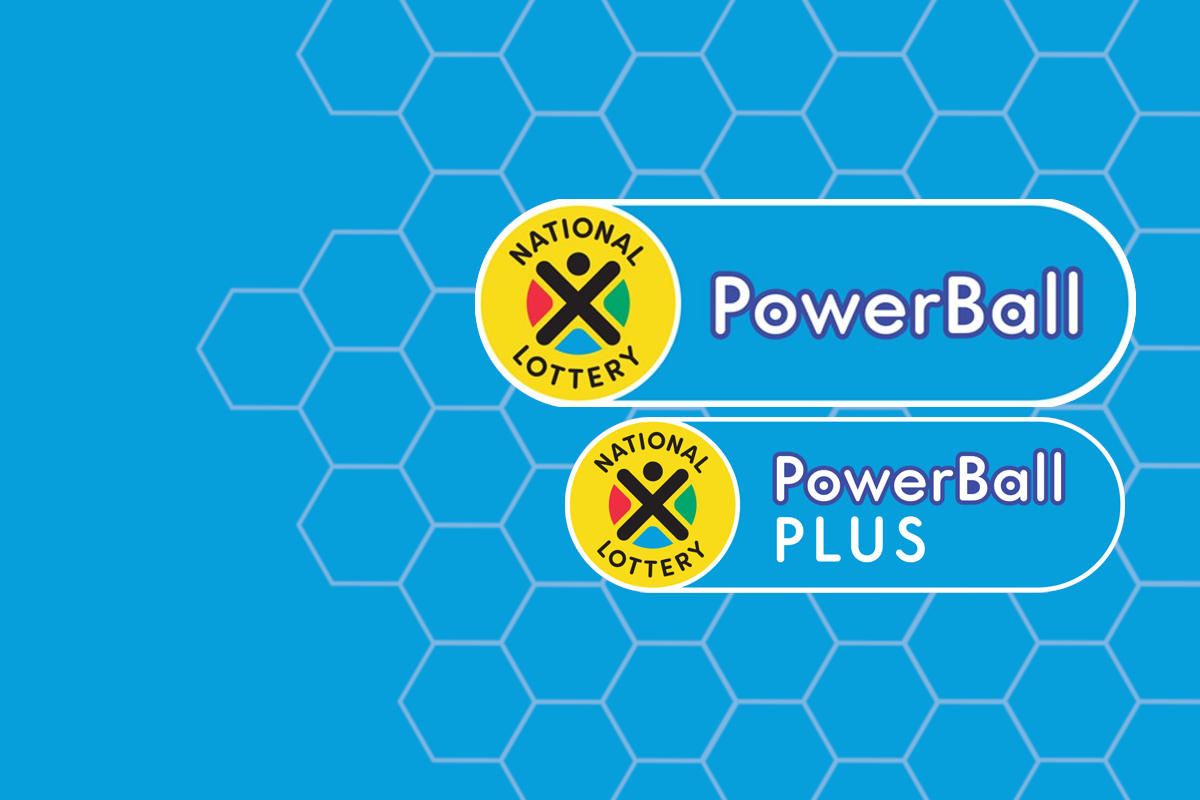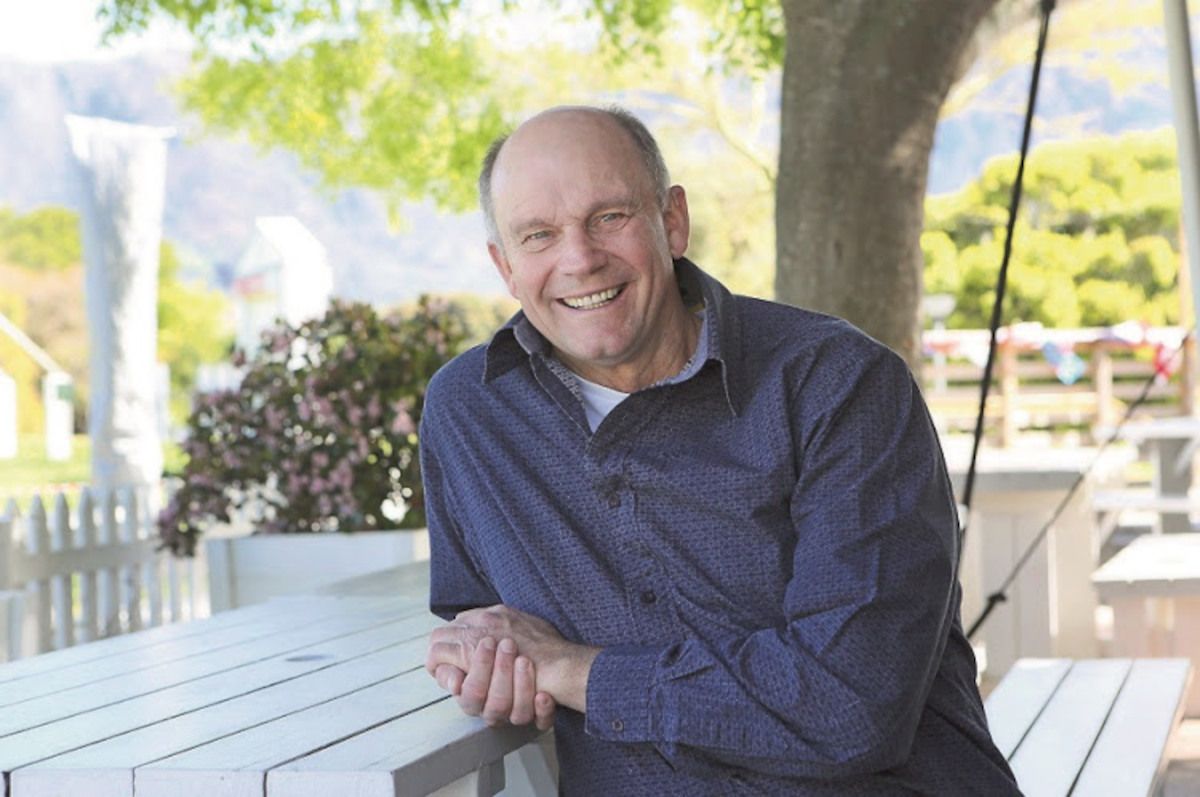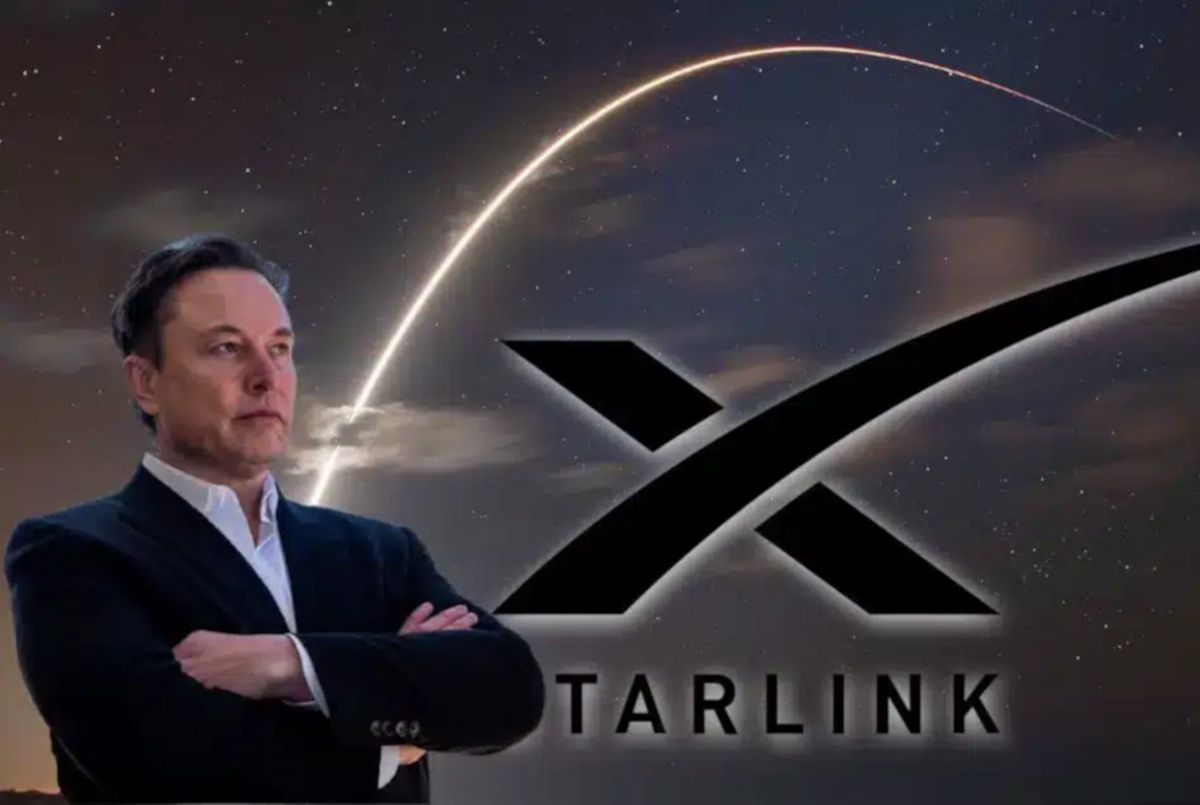
The South African government has officially announced a policy shift that will allow satellite internet operators like Elon Musk’s Starlink to enter the local market without meeting strict black ownership requirements, in a move aimed at boosting digital access and repairing strained relations with the United States.
Communications and Digital Technologies Minister Solly Malatsi confirmed the adoption of an equity equivalent programme (EEP) through a signed policy directive, following months of speculation and behind-the-scenes negotiations.
Bypass BEE laws
The directive allows international telecoms companies to bypass the traditional 30% black ownership threshold under South Africa’s Black Economic Empowerment (BEE) laws.
Instead, operators will be permitted to invest in approved local development projects – such as infrastructure, small business funding, and digital inclusion initiatives – to meet transformation objectives.
“This programme seeks to balance our need for economic inclusion with our ambition to accelerate broadband access, particularly in rural and underserved areas,” said Minister Malatsi.
The shift comes shortly after President Cyril Ramaphosa’s high-level meeting with US President Donald Trump in Washington.
It is widely viewed as a diplomatic concession, particularly in response to criticism from Musk and Trump, both of whom have accused the South African government of racial discrimination and “anti-white policies.”
Musk, who was born in Pretoria, has repeatedly condemned South Africa’s race-based economic laws, calling them “openly racist.”
Starlink has not launched in South Africa due to regulatory restrictions but has expressed strong interest in entering the market.
Welcomed the decision
According to the directive, the EEP will follow a model similar to that adopted by the automotive industry in 2019, when global car manufacturers like BMW, Ford, and Toyota created transformation funds instead of relinquishing equity.
Industry experts have welcomed the decision, noting that only 1.7% of rural households currently have access to the internet.
Starlink’s low-Earth orbit satellite technology could revolutionise connectivity in areas long neglected by traditional broadband providers.
The Independent Communications Authority of South Africa (ICASA) will now be tasked with formally implementing the directive and processing applications under the new framework.
With this move, the South African government hopes to attract foreign investment, improve digital equity, and foster goodwill with global partners, all while preserving the spirit of economic transformation.
Good decision or does it set a dangerous precedent?
Let us know by leaving a comment below, or send a WhatsApp to 060 011 021 1
Subscribe to The South African website’s newsletters and follow us on WhatsApp, Facebook, X and Bluesky for the latest news.
